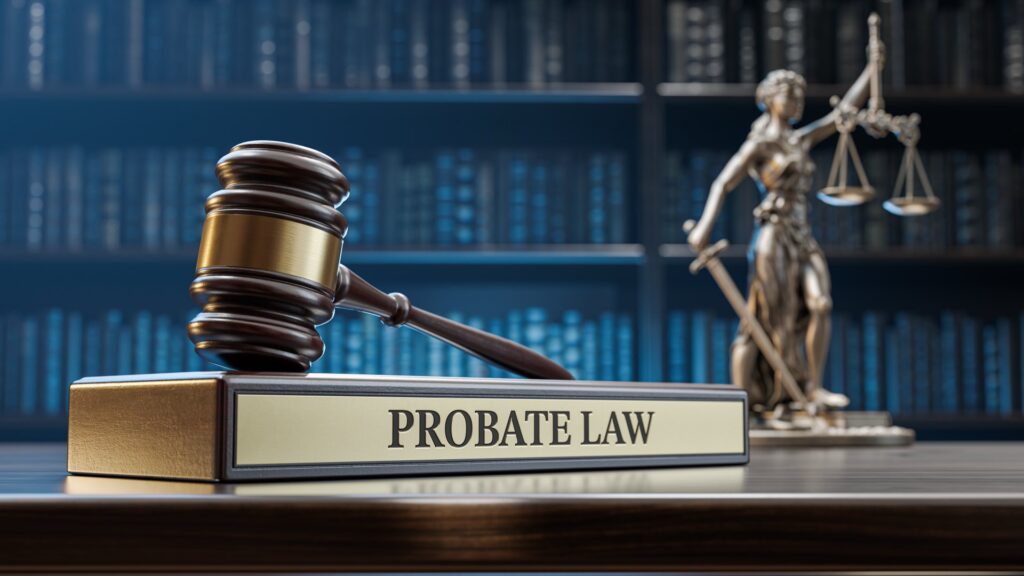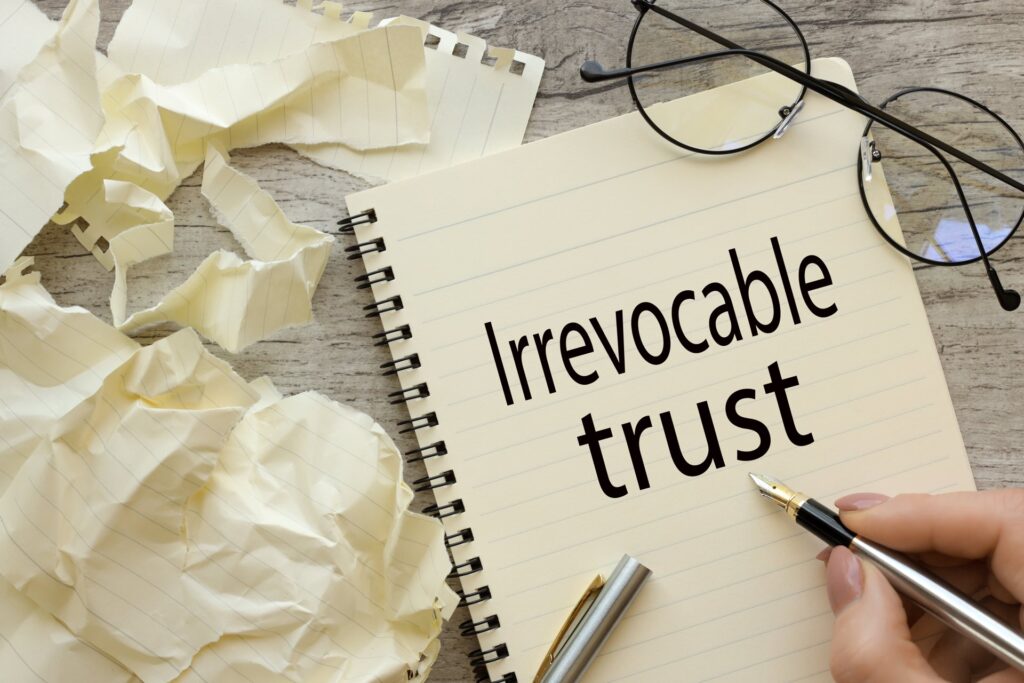
Although many people have a vague idea of what the term “estate plan” means, there are several misconceptions that continue to circulate. For instance, an estate plan is the same thing as a will, right? Or, perhaps you think you don’t need an estate plan because you don’t have a tremendous amount of assets. Unfortunately, these inaccuracies can lead to significant consequences for you and your loved ones in the future. Let’s take a look at three of the most common myths about estate planning and what steps you can take to ensure that your legacy is sufficiently protected moving forward.
Myth #1: Only Wealthy Individuals Need Estate Plans
Perhaps the most persistent estate planning myth is that only individuals with high net worth need to put an estate plan in place. They may decide that there’s no upside to creating an estate plan, but passing away with any protections in place can create stress and hardship among your surviving family members. If you own any property or assets and you have loved ones who may depend on you for financial support, creating an estate plan is essential. Even relatively modest assets, such as a car, home, or bank account have value, and you’ll want to make sure that these assets are distributed equitably among your beneficiaries when the time comes.
Myth #2: A Will is the Same as an Estate Plan
While a will is an important component of a comprehensive estate plan, it addresses a narrow window of your estate planning needs. When you create an estate plan, you will be invited to put a will in place to determine how you’d like your property and assets to be divided among your beneficiaries after you pass away. In addition, you’ll also have the opportunity to plan for your future, including expressing your wishes about any medical interventions you’d like to receive, should you become incapacitated. You can designate trusted individuals to serve as your power of attorney for healthcare or financial power of attorney in the event that you can no longer make these important decisions on your own. The estate planning process is so much more than assigning your possessions to your loved ones; it’s a journey that allows you to carefully consider your goals and values so that you can shape your own legacy.
Myth #3: Once I Create an Estate Plan, Everything is Final
If you’ve taken the steps to put an estate plan in place, congratulate yourself on being proactive about your future. However, just because you’ve completed these steps doesn’t mean that you cannot make changes to your estate plan in the future. In fact, it’s a good idea to revisit your estate plan every now and then to make sure it still accurately reflects your circumstances and addresses your needs. Any time you experience a significant life event, such as a divorce, remarriage, or welcome a new child or grandchild, you should meet with your estate planning lawyer to incorporate these changes into your estate plan.
To learn more about how to get the most out of the estate planning process, reach out to Legacy Law Group today at (509) 315-8087 to speak to a dedicated Spokane Valley attorney.




